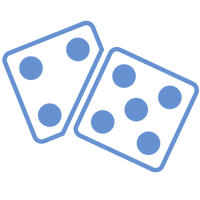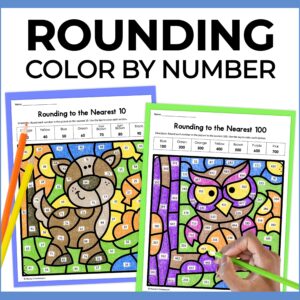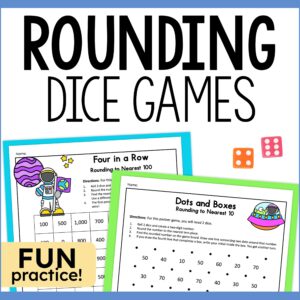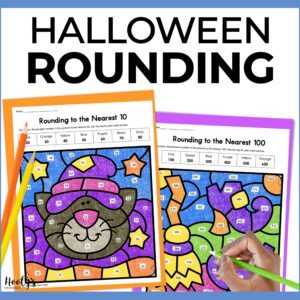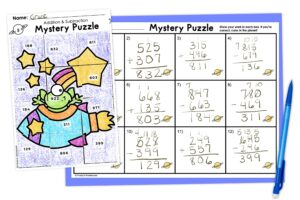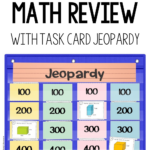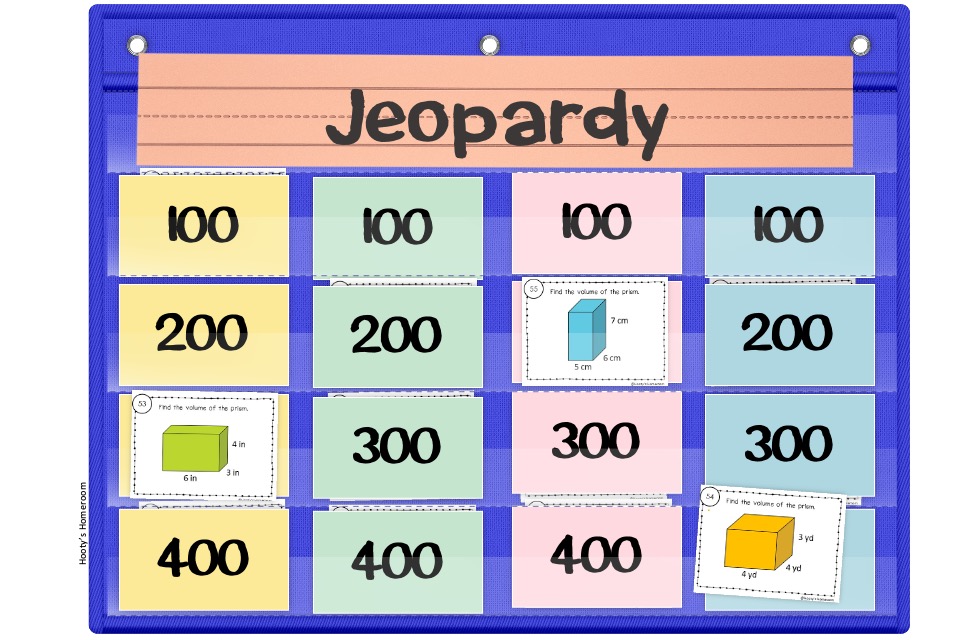
Task Card Jeopardy is a fun and interactive way to engage upper elementary students in math review. If you’re a math teacher looking for a creative way to use the task cards you already have, turning them into a Math Jeopardy game is a fantastic option. This game can be played with the whole class or in smaller station groups, and it’s perfect for reviewing key math skills. Here’s a simple guide to setting up and playing Task Card Jeopardy in your classroom.
What You’ll Need:
- Pocket Chart: This will be used to display the point values.
- Index Cards: Label these with different point values. Typical values might be 100, 200, 300, 400, and 500.
- Task Cards: Use your favorite task cards for the math skill you wish to review.
- Answer Key: optional but helpful
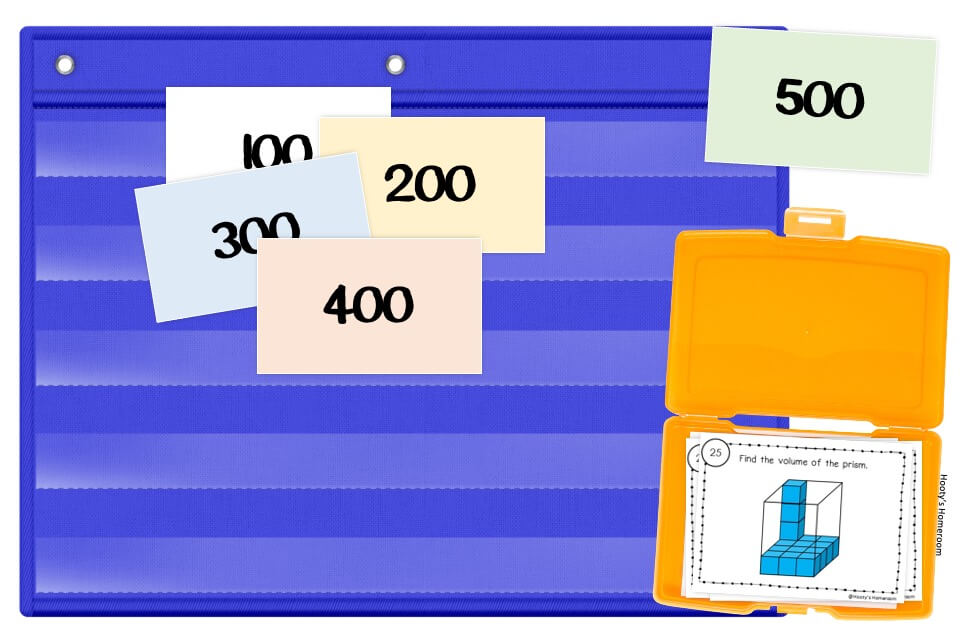
Setting Up Task Card Jeopardy:
1. Prepare the Pocket Chart:
Arrange the index cards in the pocket chart to create a grid. Each card represents a different point value.
Organize the cards into categories if you have different types of task cards (e.g., multiplication, division, fractions). If you don’t have different categories, use different color index cards for each column of task cards to make selecting a specific card easier.
2. Assign Point Values:
Place the index cards in rows with point values increasing from top to bottom. Each row can correspond to increasing difficulty or complexity in the questions, or you can place the task cards randomly in the pocket chart.
3. Prepare Task Cards:
Select task cards that match the skills you want to review. Ensure you have enough questions for the categories and point values. Place the task cards behind the index cards.
4. Create an Answer Key:
Have an answer key ready for quick reference to ensure the game moves smoothly and to verify student responses. Answer keys come in handy when students are playing in centers or if you have a sub.
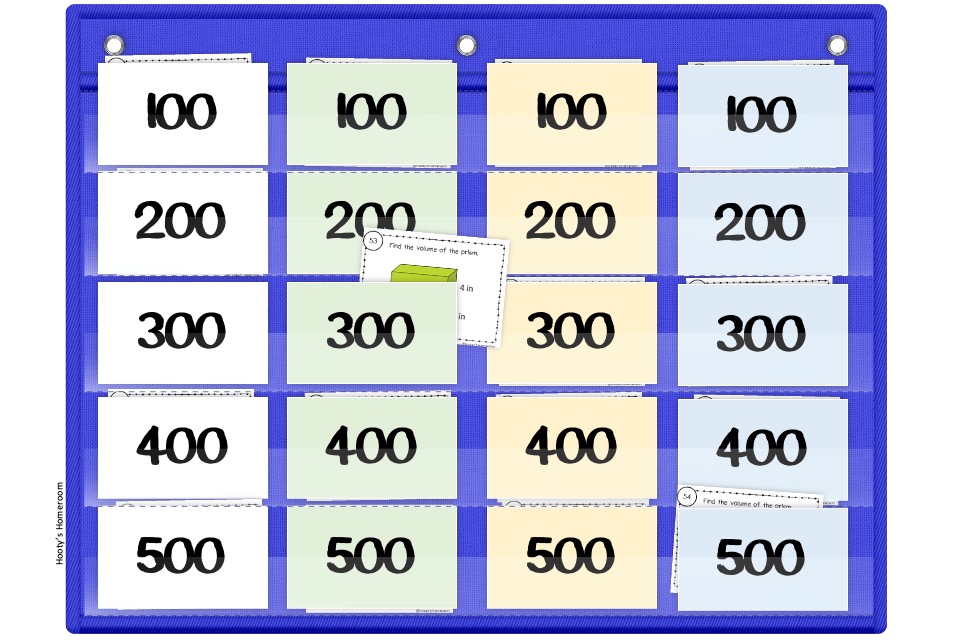
Playing the Game:
1. Divide the Class:
Split your class into teams. Teams can take turns choosing a category and a point value to answer a question.
Alternatively, use this setup in small station groups where students can play in smaller teams or individually.
2. Selecting Questions:
A team selects a point value under a category or by calling a color and point value. For example, a student might call, “Blue – 500.” The teacher then reads the question from the corresponding task card.
If using in stations, students can pick cards and check answers themselves with an answer key.
3. Answering Questions:
The team answers the question. If correct, they earn the point value of the card. If incorrect, the points can be deducted, or another team can be given the chance to answer.
4. Keeping Score:
Keep track of points on a separate board or sheet of paper. Make sure all students can see the scores to maintain excitement and competition.
5. End of the Game:
The game continues until all questions are answered or class time is up. The team with the most points wins.
Benefits of Math Jeopardy:
- Engagement: Turning review into a game motivates students and makes learning fun.
- Flexibility: Task Card Jeopardy can be adapted for any number of students and any math topic covered by your task cards.
- Skill Reinforcement: Helps reinforce and evaluate student understanding of key math concepts in a pressure-free environment.
Task Card Jeopardy
Creating a Math Jeopardy game with your existing task cards and a pocket chart is an effective way to enhance learning and enjoyment in the classroom. It’s easy to set up, fun to play, and a great tool for math review. Give it a try and watch your students’ engagement and math skills soar!
Want a ready-to-go digital version? Check out these Google Slides Jeopardy games.
Looking for more ways to use your task cards? Learn about more task card games on the blog.




